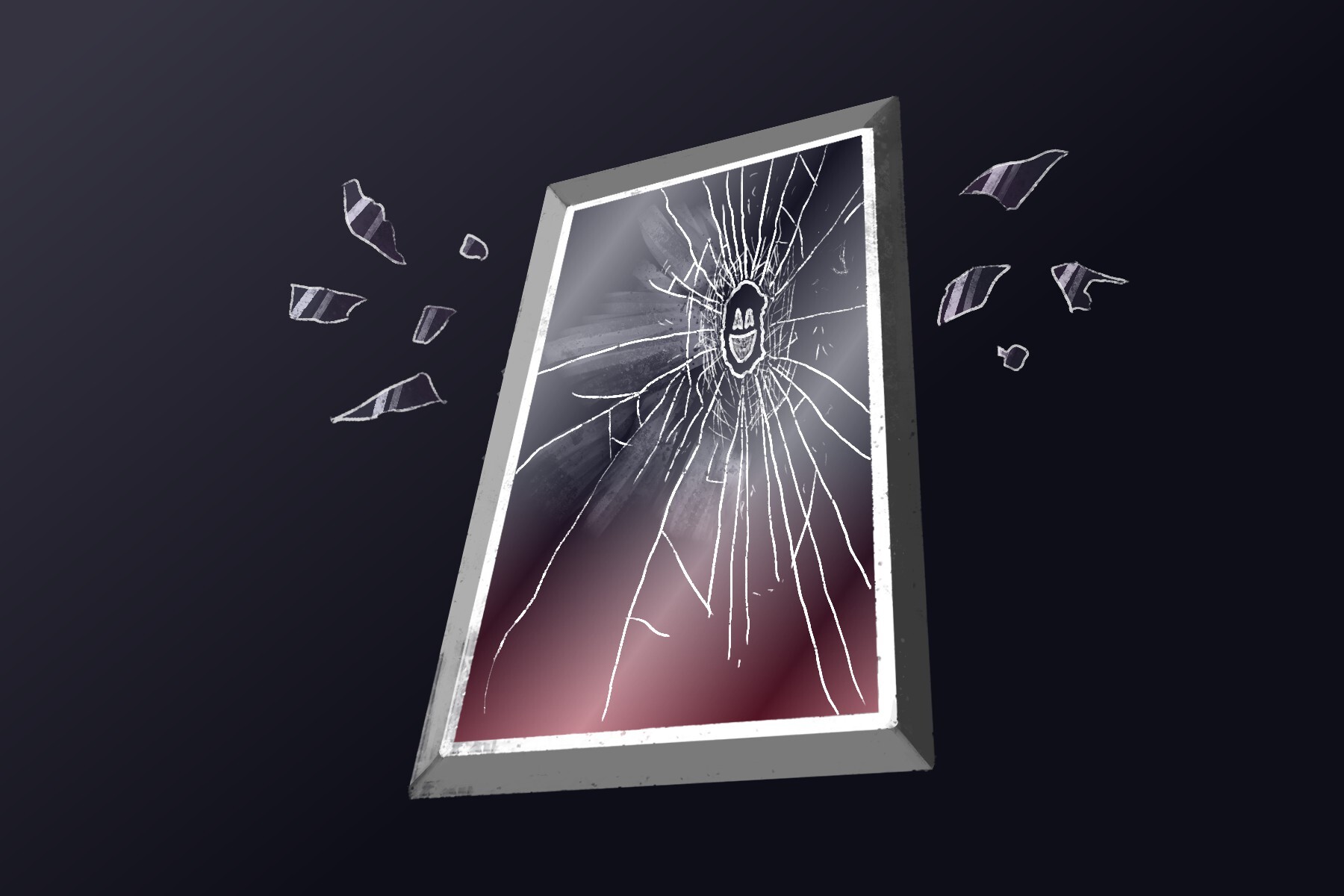Audiences revere Netflix’s anthology science fiction series, “Black Mirror,” for its innovative takes on issues that involve technology and human morality. The show hyperbolizes modern phenomena such as social media addictions and constructs new worlds based on rigid social rules.“Black Mirror” episodes tend to contain dark undertones and are satirical in nature. They encourage the audience to ponder not only humanity’s current state but its future condition. The show has frequently drawn comparisons to “The Twilight Zone” as both shows depict made-up scenarios derived from the realistic paranoia surrounding technology. This element is precisely what makes “Black Mirror” such a chilling, dense watch — the plot always circles back to the viewer. Despite the heaviness of the episodes, the show’s creative takes on hypothetical situations continue to compel fans.
Evaluating the Quality of Season Six
The latest season, season six, has arguably generated more controversy about the show’s quality than previous seasons. Some fans are elated with the release, praising the show for its continued experimentation with its own boundaries. Others are not as pleased, labeling the new episodes mediocre in comparison to classic “Black Mirror” episodes.
Regardless of the fanbase’s split opinions, many viewers have enjoyed ranking the episodes based on their own criteria. Consequently, conducting a meta-analysis of every episode review in order to formulate a precise ranking of the season six episodes is difficult. The best approach to evaluating a “Black Mirror” episode is to watch it before seeking the opinions of external influences. This practice will prevent pre-installed biases from dictating an episode’s worth. Reviews and recaps are useful for understanding the content on a deeper level, but the show’s magic lies in the confusion and shock it evokes during the initial viewing.
This review will summarize and critique the two most popular episodes from season six. To evaluate the overall quality of season six, this analysis will also examine the show’s broader themes, such as the feasibility of privacy in the modern world, as well. Slight spoilers ahead.
“Joan is Awful” (Season 6, Episode 1)
Summary
The celebrity-studded episode that opens season six, “Joan is Awful,” garnered a colossal amount of social media attention. Previously, “Rachel, Jack, and Ashley Too” (Season 5, Episode 1) featured Miley Cyrus. “Joan is Awful” features Annie Murphy as Joan, Salma Hayek as herself and Michael Cera as a tech employee. Most people joked about circling back to read Netflix’s terms and conditions after viewing the episode, which is concerning without context. Even with context, though, the reality of privacy concerns lingers.
“Joan is Awful” presents several layers or “walls” of reality to the viewer. In the episode, a woman named Joan lives with her fiancé and leads a promising life as an executive at her company. Her life takes a turn, however, when she discovers that a streaming service called Streamberry (which is oddly reminiscent of Netflix in both design and function) is recreating and broadcasting the intimate events of her life. It is interesting to see a corporation like Netflix, which relies on customer satisfaction, poke fun at itself and risk rousing mistrust in its audience with the episode’s plot.
Analysis
Deciphering “Joan is Awful” is like solving a Rubik’s cube, which has made the episode a topic of grand speculation on social media. While the episode raises valid concerns about privacy and the power of technology, the episode is not the season’s strongest. Instead, it functions more as a reprieve from the show’s typical grittiness.
The idea behind the episode had a lot of potential. While the first half of the episode executed the premise well, the second half fell flat. In light of the recent writers’ strike, the episode avoids placing due responsibility for technological abuse on humans and blames an all-knowing artificial intelligence (AI) instead. While a superpowered AI makes for compelling TV, humans are ultimately the ones who run AI. The plot seems to conveniently tuck away the people behind the AI rather than acknowledge their ability to rebuild the system. If the humans were able to create the AI once, they are certainly capable of doing it again.
“Loch Henry” (Season 6, Episode 2)
Summary
“Loch Henry” is the most polarizing episode of the season. While the episode slightly strays away from the sci-fi brand that the show has made for itself, its underlying morals still retain the familiar “Black Mirror” touch.
A young couple, Pia and Davis, visit a deserted Scottish town on a quest to create a documentary about egg theft and achieve some level of fame. After traveling around the town and speaking with locals, however, Pia shifts her focus to a captivating local mystery. She insists that they transform their documentary into a true-crime story based on the town’s local serial killer.
Analysis
The episode is well-crafted; it includes subtle foreshadowing and many stunning shots of the town’s natural landscape. The cinematography and plot complement one another to create a story that hints at the big plot twist without spoiling it too soon; there is hardly ever a dull moment. This episode is on par with other “Black Mirror” classics.
A major criticism of the episode is the plot twist itself. Some people found the twist predictable and blasé; thus, they condemned the episode as the season’s worst. The episode takes a realistic rather than dystopian approach to examining a privacy issue specific to true crime victims. Because Pia is hyper-fixated on the fame that she and Davis could potentially attract, she fails to understand that some stories are better off left alone. She berates Davis for his hesitancy to make a documentary about a traumatic event from his past, and, in the end, he unfortunately ends up with more trauma than before.
Unlike most “Black Mirror” episodes, where people either overcome or fall prey to technology, “Loch Henry” focuses on the impact that true-crime documentaries have on victims. While Davis ends up achieving fame, he must pay its price, which shifts the course of his life. The streaming service that sponsors the documentary about the incident, Streamberry, makes a comeback in this episode. Netflix once again calls itself out, as the platform often releases documentaries similar to the one that Streamberry makes. As intriguing as true crime documentaries are, they often disrespect the wishes and privacy of the families involved to secure each and every detail about the case — a fact that “Loch Henry” reiterates.
Is Season Six Worth the Watch?
Overall, season six places a large emphasis on privacy concerns and does so effectively. While the show attempts to raise its craft and originality to the next level by incorporating more supernatural elements, it does not feel quite as authentic as the first four seasons. However, the season is still ultimately well done and worth a watch, so bundle up and press play. Just double-check the terms and conditions before diving into the show again.
















